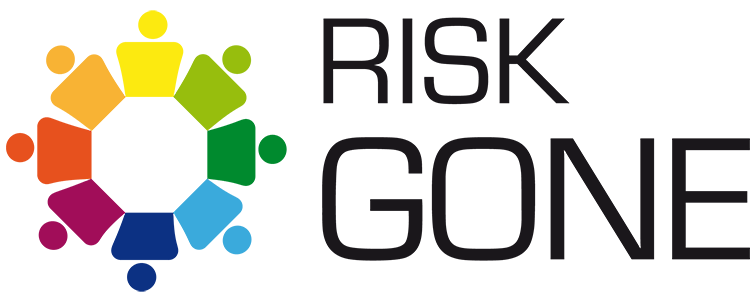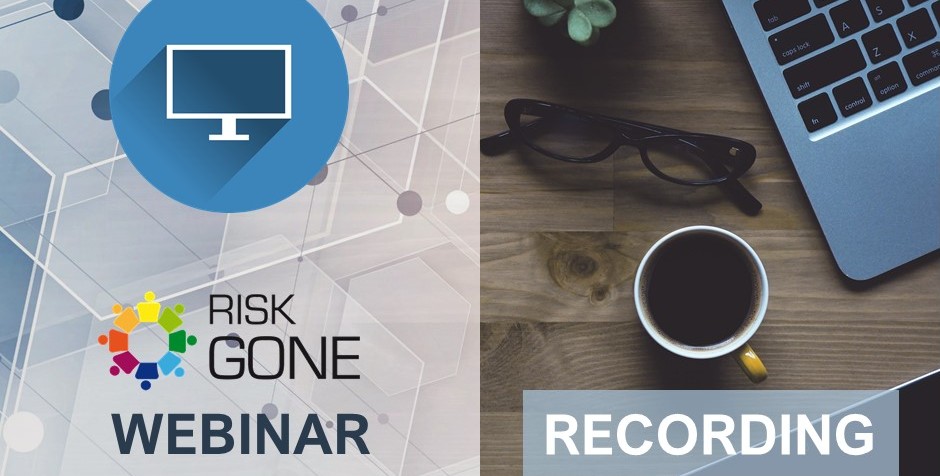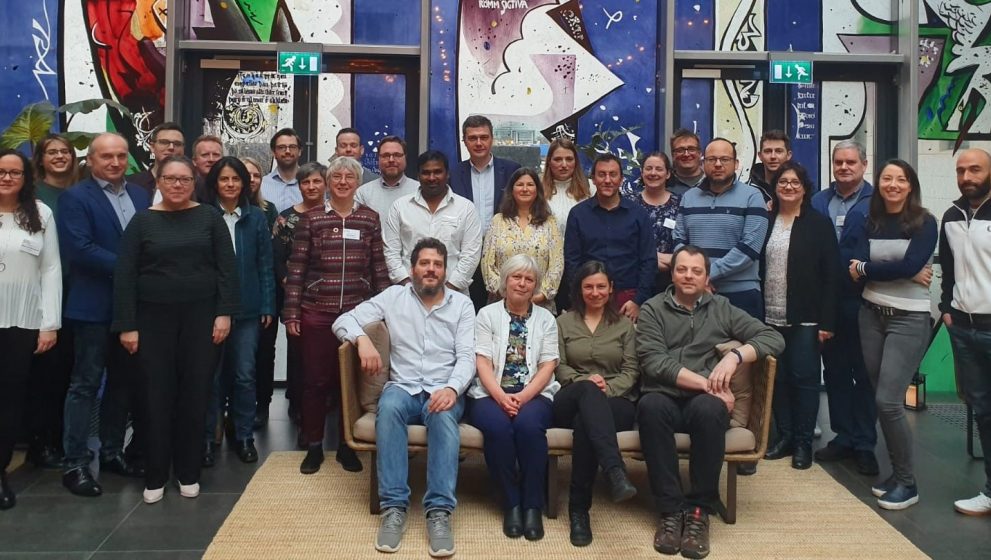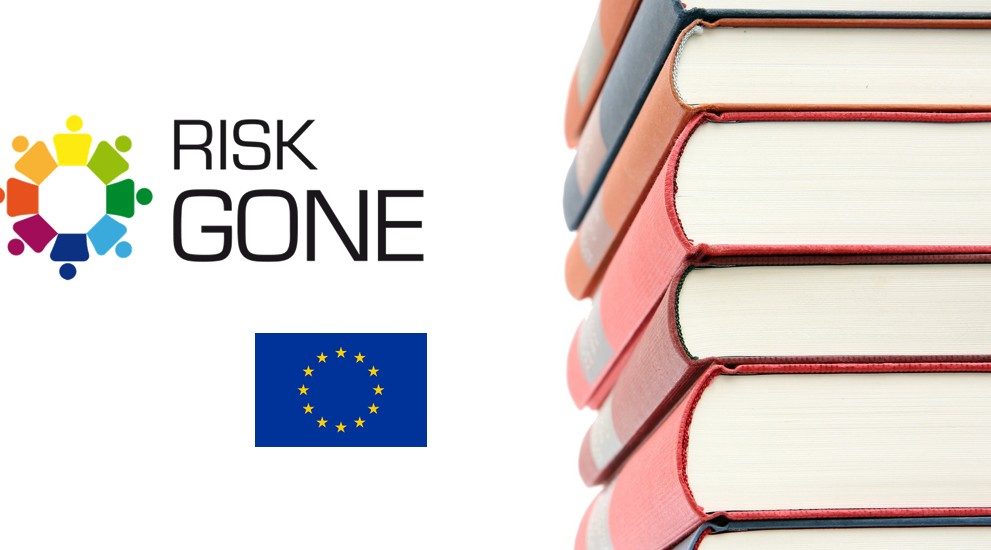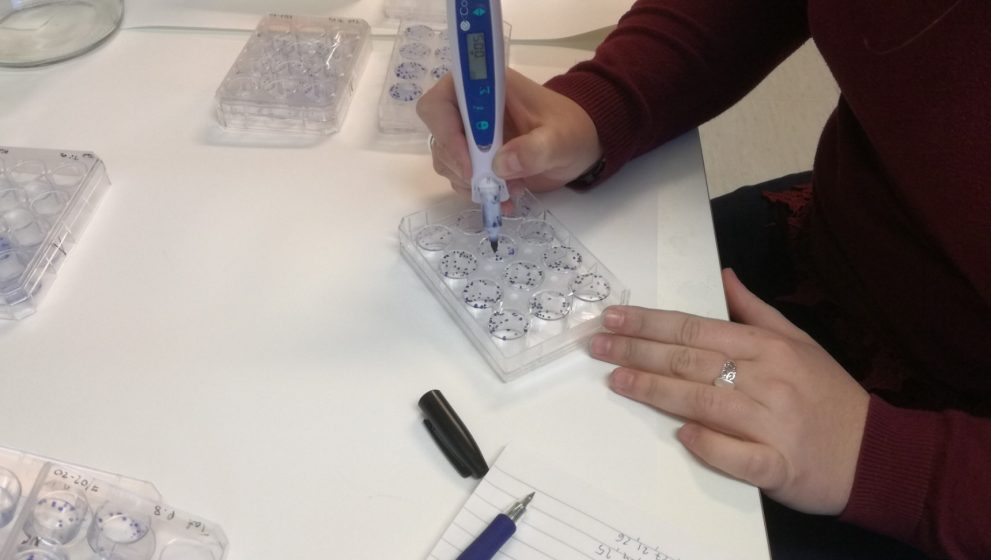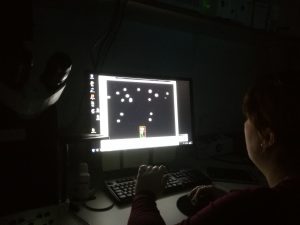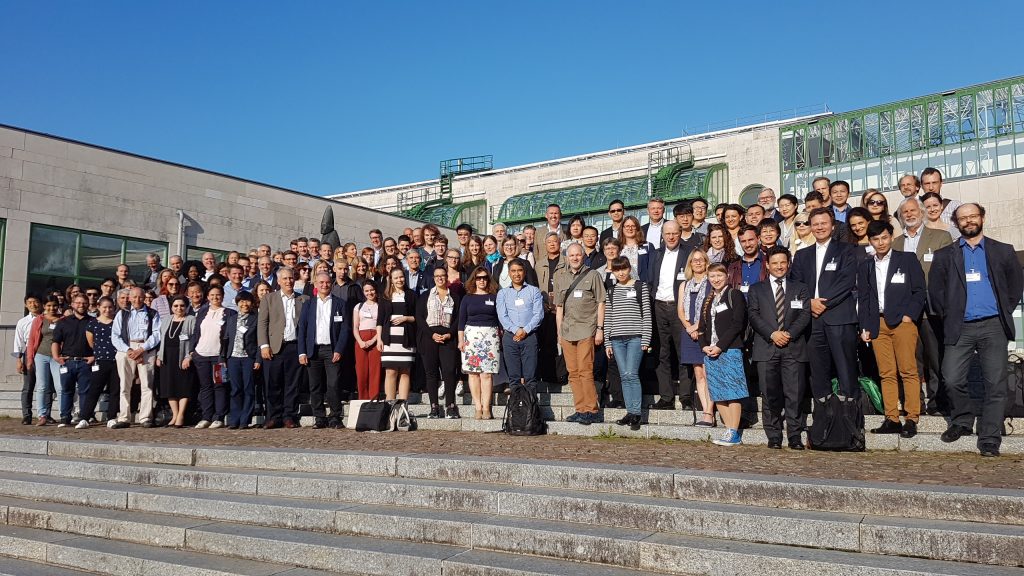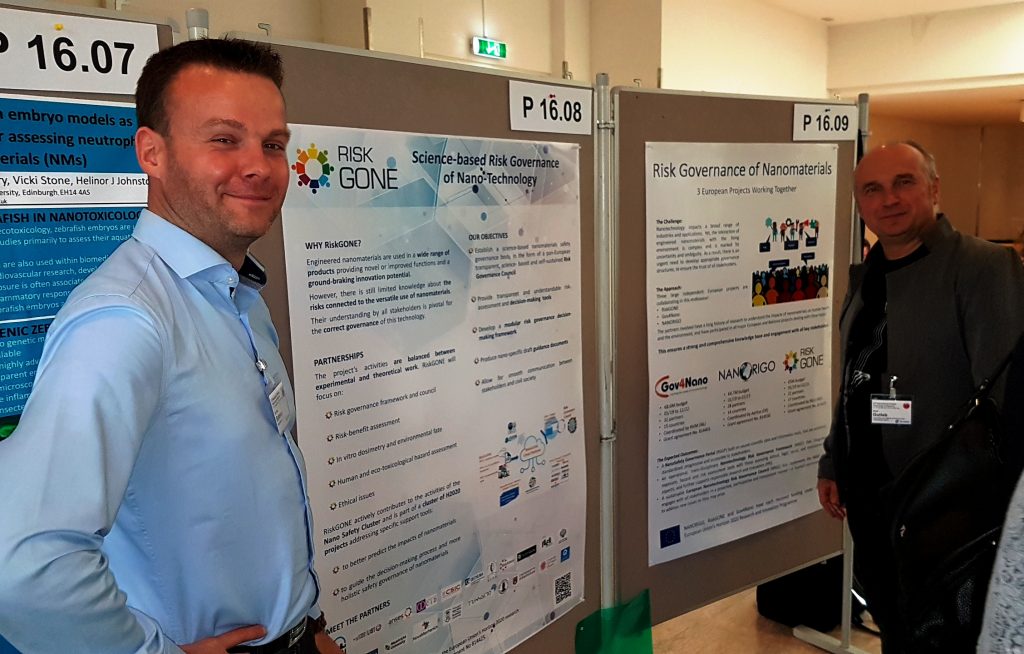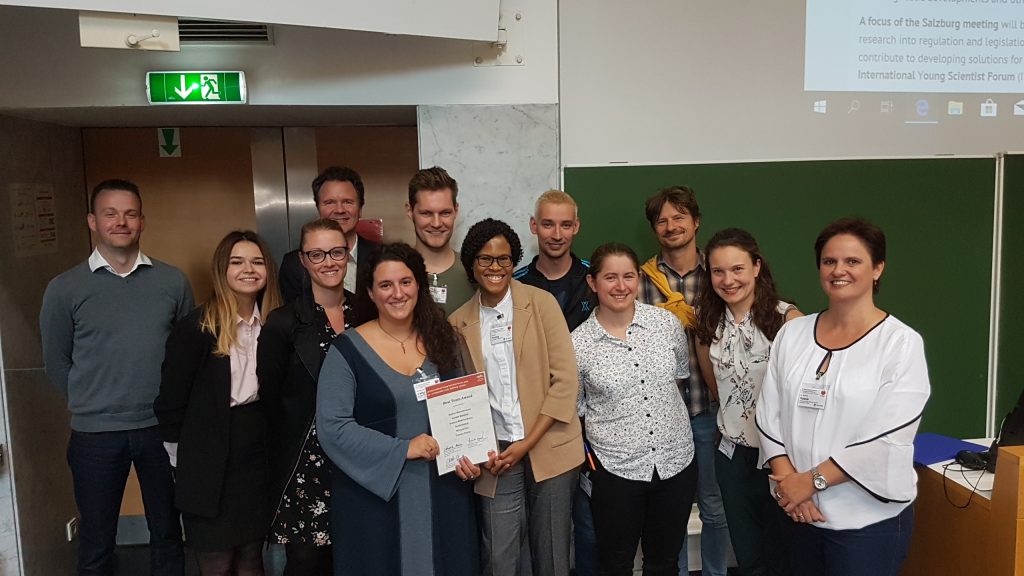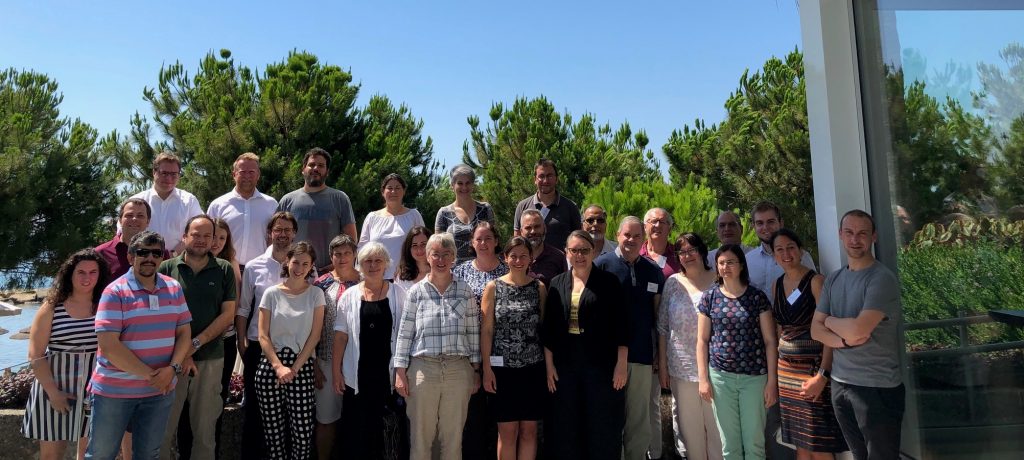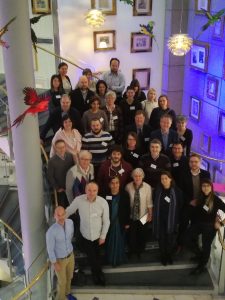Webinar on nanotechnology risk-assessment method AOP – register now!
Nanotechnologies have useful applications, but do present risks, such as toxicity or flammability under some conditions. The RiskGONE project is researching on how to assess hazards using Adverse Outcome Pathways (AOPs), a risk-assessment method used to analyse how biological events may lead to adverse effects.
Using AOPs is common for assessing hazards posed by chemicals, but not yet for nanomaterials. Therefore, RiskGONE researchers work to adapt this kind of methods to be used in testing risks in new nano-based technologies.
Are you a nanomaterial student, or an engineer? Just interested in these developments? RiskGONE experts are holding a webinar on 5 June at 12.30pm (Brussels Time). They will go in detail on how to use AOPs to assess risks in new nanotechnology applications.
On the programme:
- Introduction of the AOP together with brief description of OECD-sponsored AOP Knowledge base (AOP-KB), by Dr. Ivana Vinković Vrček, Analytical Toxicology and Mineral Metabolism Unit, Institute for Medical Research and Occupational Health, Zagreb (Croatia).
- Overview of a systematic literature search summarizing existing AOPs for nanomaterials, as performed in riskGONE project and examples on how to generate a testable hypothesis for AO of nanomaterials from chemical AOPs, by Prof. Peter Hoet and Mr. Sivakumar Murugadoss, Laboratory of Toxicology, Department of Public Health and Primary Care, KU Leuven (Belgium).
- Introduction and discussion over the concept of quantitative structure activity relationship (QSAR), by Dr. Karolina Jagiello, QSAR lab, Gdańsk (Poland)
- Open discussion
Registrations are open to everyone! To attend, just fill in this form.
